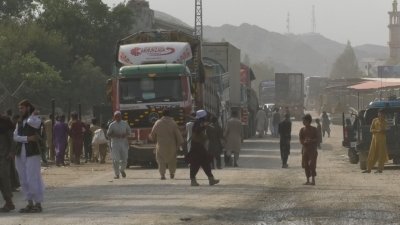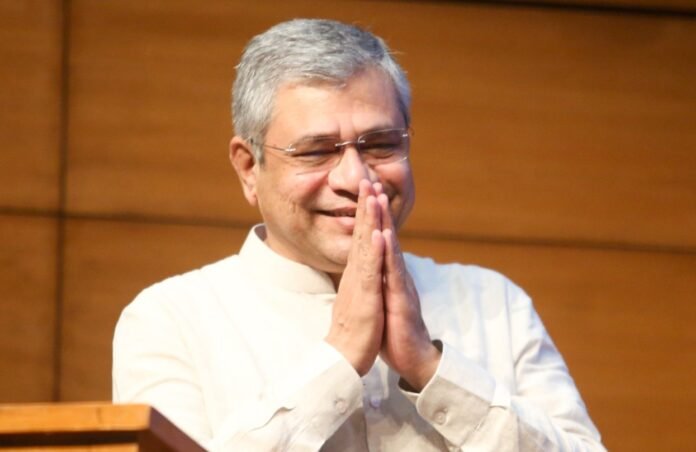New Delhi, Oct 18 – Talks brokered by Qatar between Afghanistan and Pakistan are easing tensions on the Durand Line after a break‑through in diplomatic talks. The two neighbours had been locked in a violent standoff last week, but Doha’s mediation has begun to bring relief to families who lost loved ones in the latest clashes.
Air Strikes Break the Ceasefire
Afghan officials said Pakistan carried out air strikes on October 17 over at least three sites in Paktika province. Ten people died, including three Afghan cricketers, and the violence shattered a tentative ceasefire that had been agreed on October 15. Islamabad has a record of similar attacks inside Afghanistan, even in Kabul, and the Pakistani government says the strikes were a security response to groups that allegedly shelter in Afghan territory.
The attacks have fueled anger among Afghans, especially since Pakistan has not yet issued an official apology. The lack of a formal statement has added pressure on the Taliban leaders in Kabul to seek guarantees and more concrete concessions instead of a perfunctory “face‑saving” pledge.
Key Players in the Doha Talks
The Pakistani delegation is led by Defence Minister Khawaja Asif and intelligence chief Asim Malik—figures who have often been dubbed “Taliban baiters.” Asif has accused the Taliban of aligning with India, while Pakistan’s foreign ministry claims Afghanistan is becoming a hub for transnational terrorism. On the Afghan side, Defence Minister Mullah Mohammad Yaqub Mujahid and intelligence chief Abdul Haq Wasiq represent the country’s leadership.
The presence of such high‑level military and intelligence officials signals that the talks are likely to focus on immediate security concerns rather than the longer‑term political and economic issues that also need resolution.
Qatar’s Mediating Role
Qatar has a unique position in Afghanistan‑Pakistan relations, having hosted earlier intra‑Afghan talks between hard‑liners and pragmatists and the Taliban’s negotiations with the international community. The Qatar‑facilitated summit comes after a week of cross‑border violence and a brief 48‑hour ceasefire that Pakistan also extended for the Doha talks.
In 2020, Doha hosted the “Agreement for Bringing Peace to Afghanistan,” signed by the United States under President Donald Trump, laying groundwork for further engagement between Kabul and Washington.
The current Doha session marks the first official meeting between Pakistani and Afghan defence ministers in the wake of intensified clashes last week. The discussions are also being co‑hosted by Turkey, which has been involved in regional diplomacy for years.
What’s at Stake
Experts believe that without a durable ceasefire and stronger intelligence cooperation, violence could spiral again, threatening regional stability and worsening the humanitarian crisis in Afghanistan’s border provinces. These tensions affect not just civilians on the ground but also the fragile economic links across the Durand Line.
If Qatar can guide the meeting toward tangible confidence‑building measures—such as joint border patrols, verification mechanisms, and third‑party observers—the two sides could move past mutual mistrust. The goal would be to replace verbal agreements with enforceable, on‑the‑ground actions that protect civilians and promote peace.
For now, the Doha talks are a critical test of Qatar’s mediation skills and a hopeful step toward lasting stability between Afghanistan and Pakistan.
Source: ianslive
Stay informed on all the latest news, real-time breaking news updates, and follow all the important headlines in world News on Latest NewsX. Follow us on social media Facebook, Twitter(X), Gettr and subscribe our Youtube Channel.



